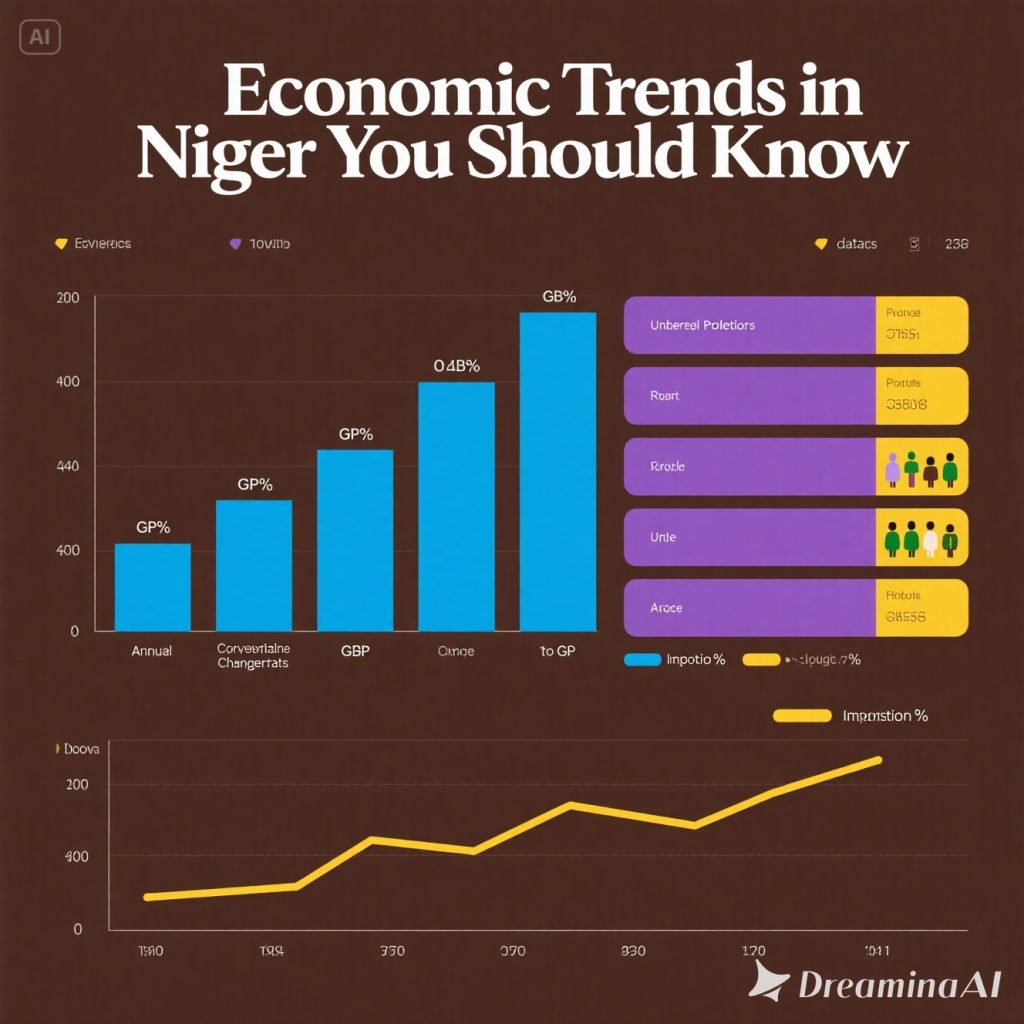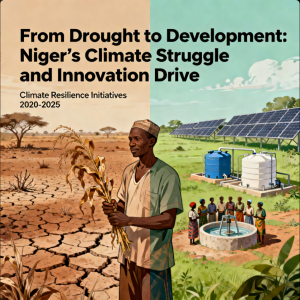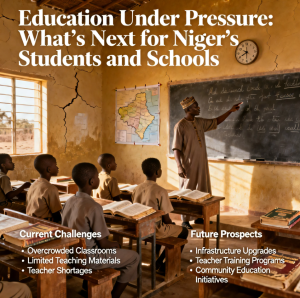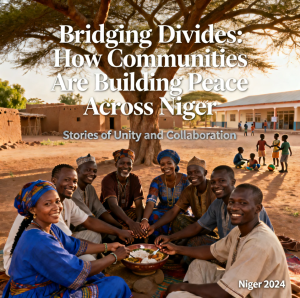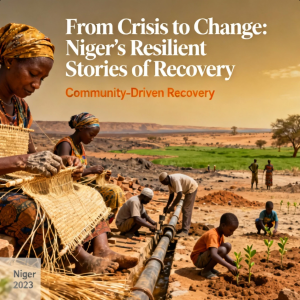Explore the key economic trends shaping Niger in 2025. From energy and agriculture to infrastructure and challenges, discover insights featured on NigerPost.
Niger, a landlocked country in West Africa, is experiencing significant economic shifts in 2025. While challenges remain, opportunities are emerging across energy, agriculture, and infrastructure. Understanding these economic trends is crucial for investors, policymakers, and citizens seeking to navigate Niger’s future growth.
⚡ Energy and Natural Resources
Niger’s economy has long relied on uranium exports, but new developments are reshaping its energy sector:
- Uranium & Minerals: Continued global demand for uranium positions Niger as a strategic supplier.
- Oil Exploration: Investments in petroleum infrastructure are boosting domestic refining capacity.
- Renewable Energy: Solar power projects are gaining momentum, addressing electricity shortages and supporting sustainable growth.
🌾 Agriculture and Food Security
Agriculture remains the backbone of Niger’s economy, employing the majority of its population. Current trends include:
- Climate Adaptation: Farmers are adopting drought-resistant crops.
- Irrigation Projects: Expanding water access to counter unpredictable rainfall.
- Regional Trade: Niger is strengthening agricultural trade with neighboring West African nations.
🛠 Infrastructure and Development
Infrastructure expansion is vital for connecting markets and driving economic growth:
- Transport Corridors: Road and rail upgrades are enhancing trade routes.
- Telecommunications: Growing internet access is fostering digital businesses and mobile banking.
- Urban Growth: Investments in Niamey and regional hubs aim to support population growth and commerce.
📊 Social and Economic Challenges
Despite progress, Niger faces hurdles that shape its economic outlook:
- Population Growth: With one of the fastest-growing populations globally, resource management is critical.
- Security Issues: Regional instability continues to affect trade and investment confidence.
- Poverty Reduction: Expanding education and job opportunities remain top priorities.
🎯 Final Thought
Niger’s economy in 2025 is marked by both promise and complexity. While energy and infrastructure investments open new opportunities, addressing social and environmental challenges is essential for long-term growth. As Niger navigates these trends, its resilience and potential remain a key focus for the region and beyond.
Recommend :
